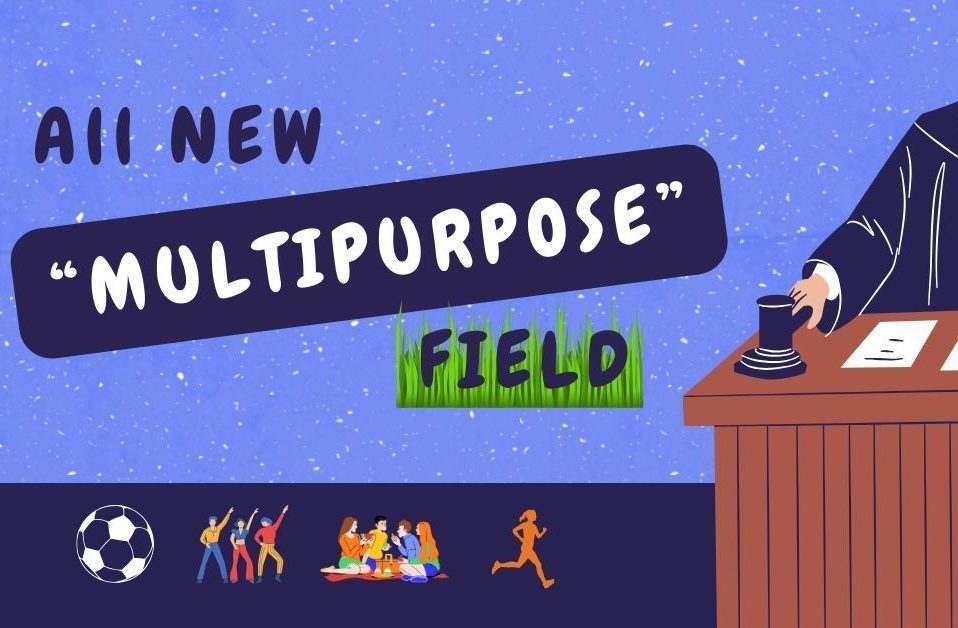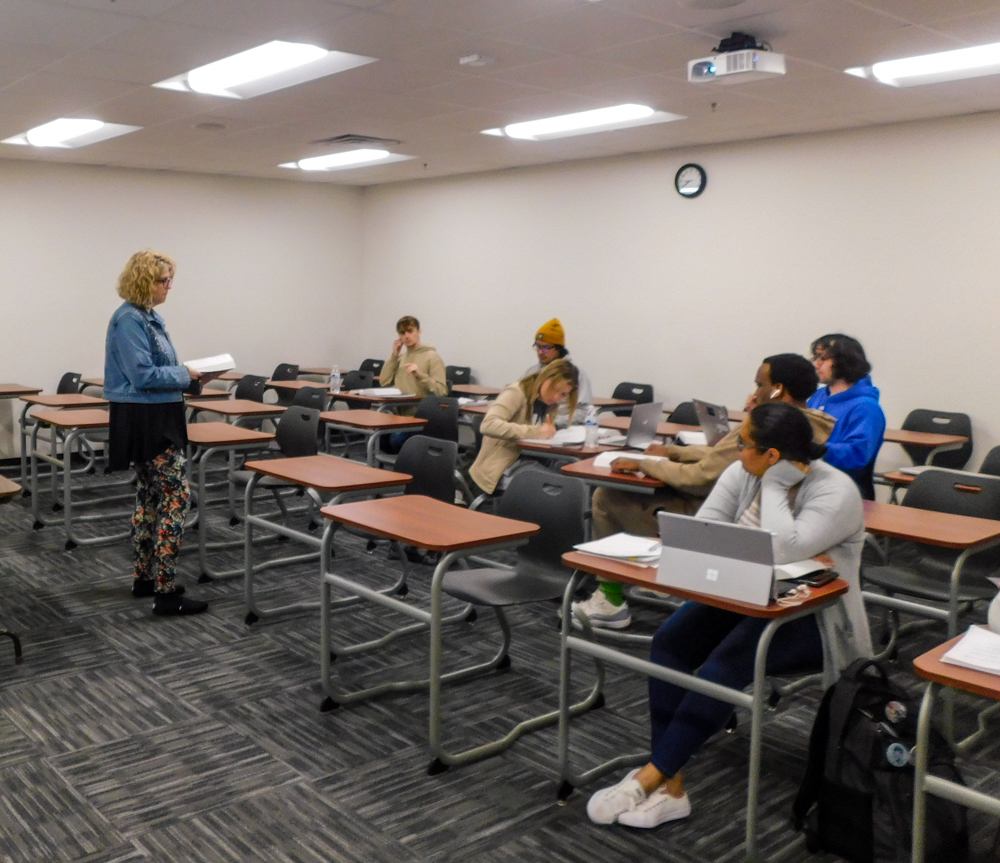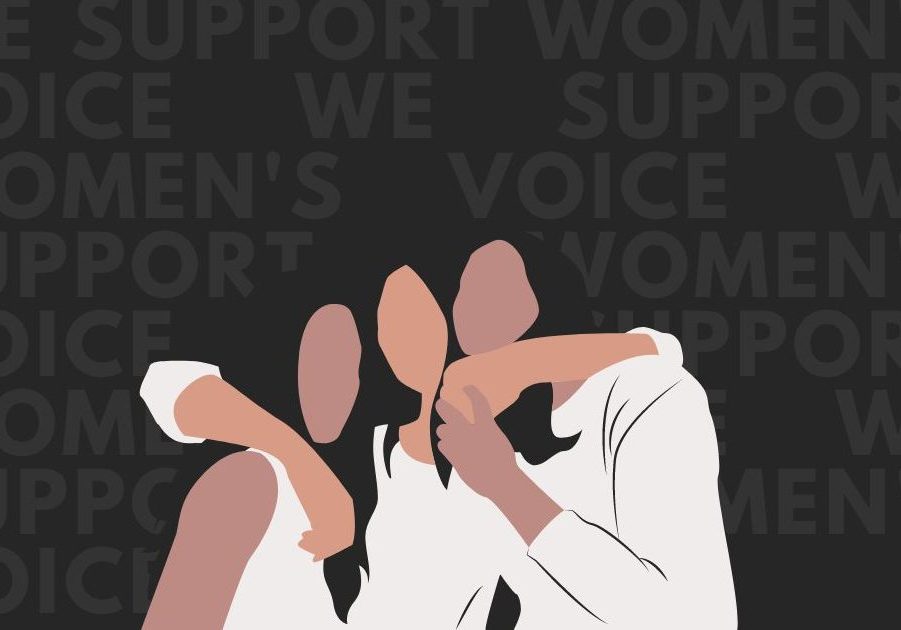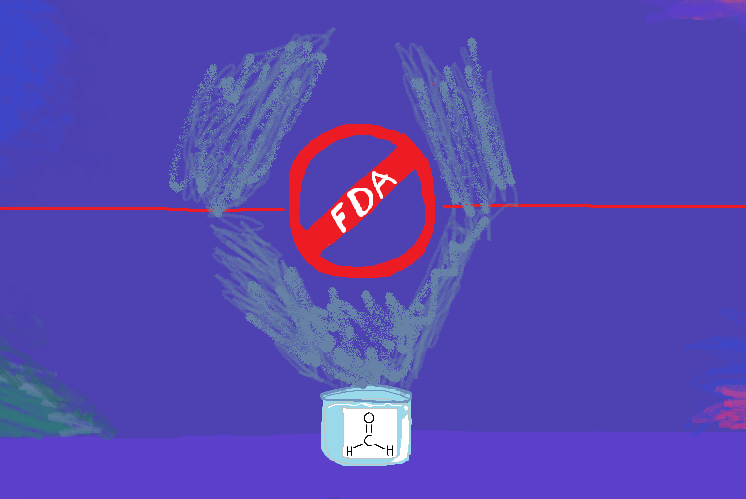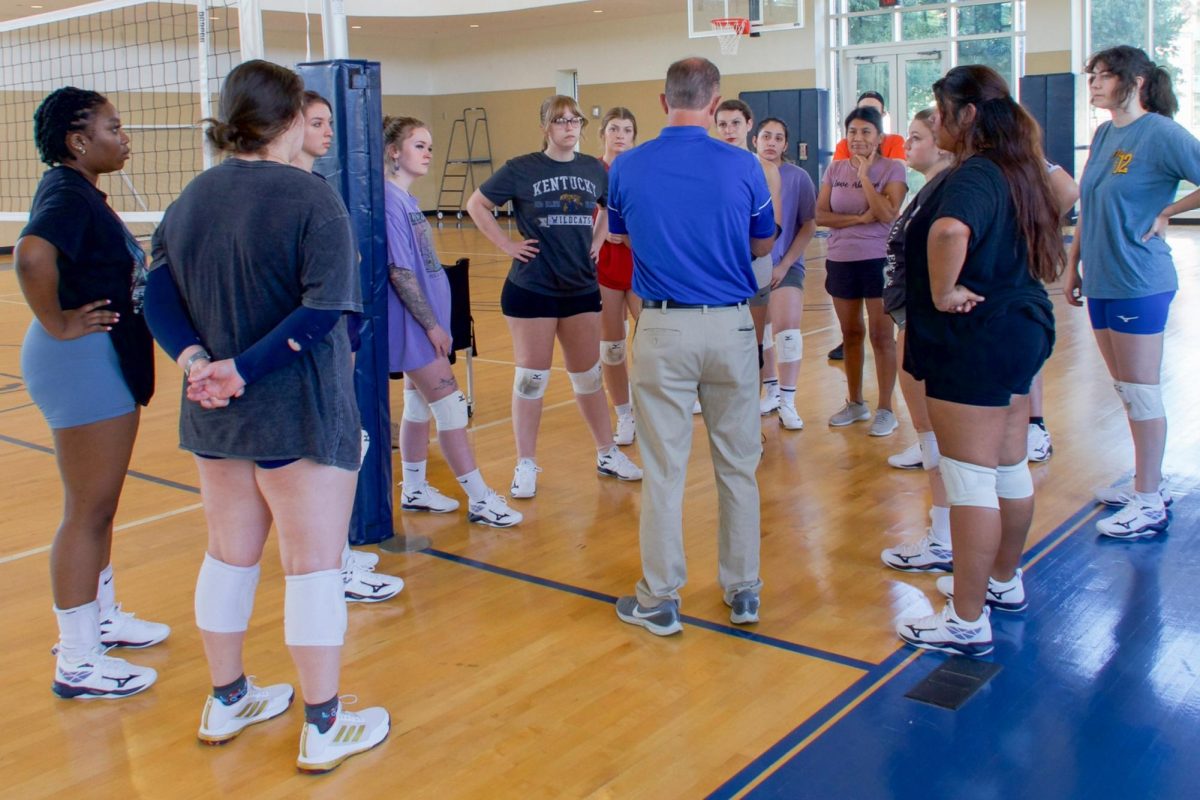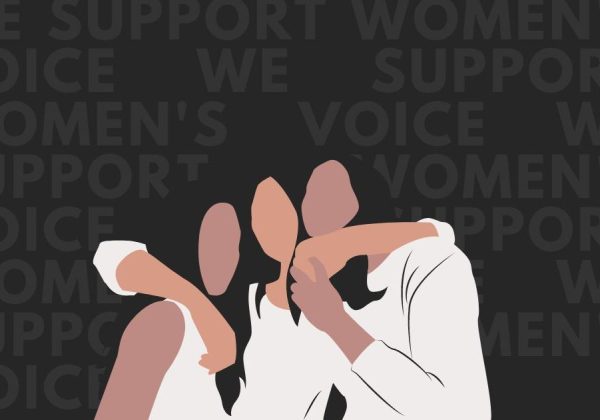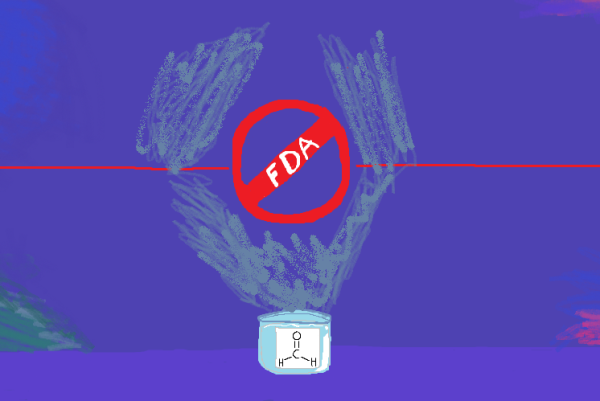Are energy drinks worth the health risk?
February 3, 2012
College students are incredibly busy. Whether they are full-time or part-time, living on campus or off, working or taking care of a family, students are busy and they require energy to make it through their day.
However, most students have a deficit when it comes to energy, and to fill that void students often turn to drinking energy drinks without realizing the effects.
According to the official journal of the American Academy of Pediatrics, “Frequently containing high and unregulated amounts of caffeine, these drinks have been reported in association with serious adverse effects.”
Some of these adverse side effects of energy drinks include increased heart rate, increased blood pressure, and wild fluctuations of blood sugar levels.
The large amounts of caffeine in energy drinks can give the human body quite a beating. A typical energy drink has three times the amount of caffeine as one cup of coffee.
Ken Weatherman, physical education professor, describes people who drink energy drinks regularly as having an “increased risk for heart palpitations and dehydration.”
Weatherman also says long-term energy drink consumption creates cardiovascular stress that can damage the heart. The only positive thing Weatherman had to say about energy drinks is that they can possibly help concentration, perhaps during a test.
He also says effective study habits can eliminate the need for concentration boosts. Weatherman believes that the best way to have an abundance of energy is a good night’s sleep.
Haley Irvin, an early childhood education major at the Floyd campus, stated, “I don’t really drink a lot of energy drinks, but my two favorites are Red Bull and the green Monster.”
Coincidentally, those two energy drinks are the ones available for purchase on the Floyd campus. Krista Terry, a nursing major at the Floyd campus, says, “Red Bull is my favorite, but I rarely drink energy drinks.”




